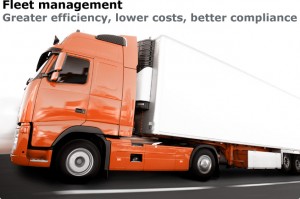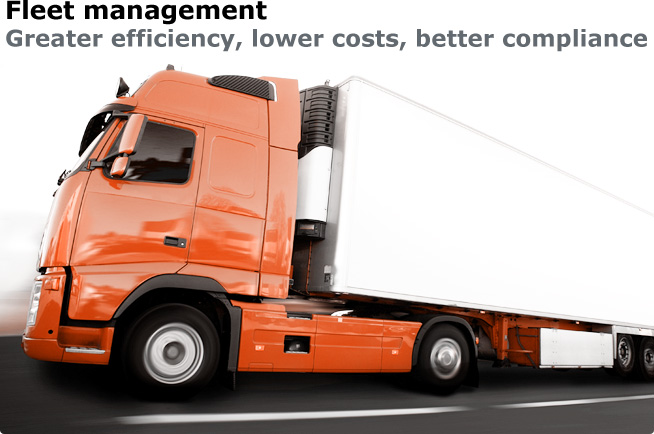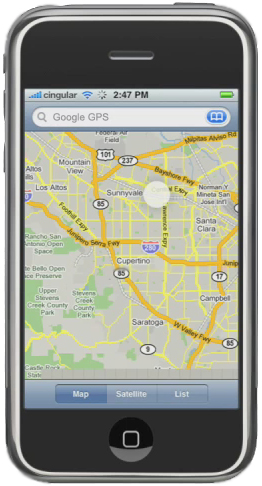- August 16th, 2010
- Jackson Parker
Fuel Prices in California Reach Highest Level in 2010
Fuel prices in Southern California reached beyond their 2010 peak levels of early May in most zip codes last week, according to the Automobile Club of Southern California’s Weekend Gas Watch. According to AAA and the Oil Price Information Service, the average price of self-serve regular gasoline in San Diego is $3.16, $2.9 cents higher than the week before’s price, $2.6 cents above last month, and 19 cents higher than last year. In the LA and Long Beach area, the price is $3.15 per gallon, which is 2.4 cents above last week, $3.8 cents more than last month, and $10.3 cents higher than last year. On the Central Coast, the average price is $3.22, up $3.5 cents from last week, $4.2 cents higher than a month ago, and $11 cents above last year. In the Inland Empire, the average per gallon price is $3.13, which is $2.5 cents higher than last week, $3.4 cents higher than last month, and 11 cents more than last year.
The average retail price of gasoline in the United States is $2.75 a gallon. Drivers in big cities saw a range of prices at the pump — from an average $2.54 in Houston to $3.20 in San Francisco. In Chicago it cost $2.88 a gallon to fill up, while New York City motorists topped off the tank for $2.73 a gallon. Seattle gas stations averaged $3.10 for regular. Denver drivers paid $2.67 a gallon.
With gas prices this high, it makes sense for fleets to invest in a GPS fleet tracking system. Tracking fleet vehicles can significantly reduce fuel expenses. Lower fleet fuel bills equal higher net profits. For a fleet of 25 vehicles, idling time reduced by only 15 minutes per day can result in fuel savings of 562.5 gallons at a cost of about $1,783 per year at current gas prices. If you reduce idling time by 60 minutes, it would result in a fuel savings of 2,250 gallons at a cost of over $6,000 per year!













